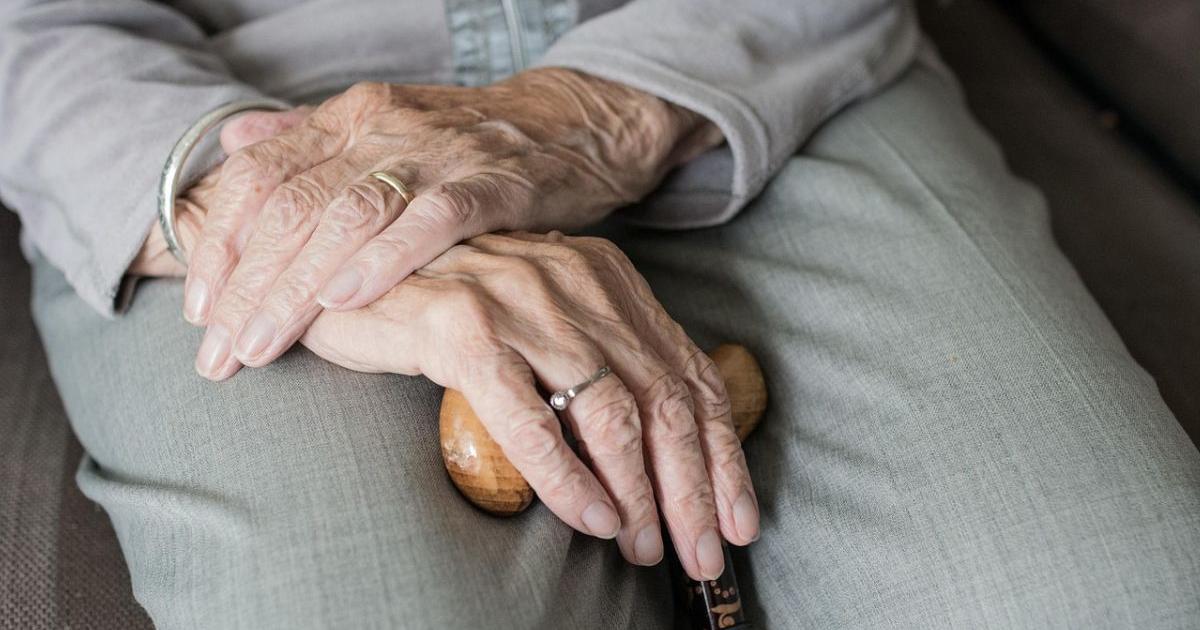
The Royal Borough of Greenwich Council has approved a new Housing Assistance Policy that will expand access to grants and loans for home adaptations, helping people across tenures, private renters, housing association tenants, and homeowners to live more independently.
The updated scheme, agreed by the council’s cabinet on July 9, aims to reduce falls, increase daily independence, and enable more people to remain in their own homes for longer.
Pat Slattery, cabinet member for housing management, neighbourhoods, and homelessness, said: “Our improved Housing Assistance Policy provides more flexibility, reduces bureaucracy and reflects the increases in costs needed to help people with disabilities live safely at home.
“We want our residents who need that extra bit of support to be able to live safely and securely in their own homes if they wish too, and this revised policy will help many more residents to be able to do this.”
The policy introduces a wider range of discretionary support options, funded through the government’s Disabled Facilities Grant, which falls under the Better Care Fund.
Key measures include a £25,000 discretionary top-up grant for those needing more extensive adaptations, above the existing £30,000 maximum from the Disabled Facilities Grant.
Owner occupiers who require adaptations costing more than £55,000 can now apply for a £30,000 interest-free loan or equity mortgage, secured against their property.
The policy also introduces increased help for those with an assessed financial contribution towards adaptation costs.
Mariam Lolavar, cabinet member for health, adult social care, and borough of sanctuary, said: “We want people’s health to support them in living their best life.
“The changes we’ve agreed will help even more residents to be able to access vital support they need to be able to live well in their own homes and prevent recurring hospital admissions and delays to hospital discharge because a home doesn’t meet their current needs.
“This is important not only for their overall health and wellbeing but also in helping to provide more choice and control over their own lives.”
Additional grants include funding for hoists, increased from £1,000 to £3,500 for minor adaptations to prevent falls, and a new non-means-tested grant of up to £1,000 for small changes to support those with cognitive or sensory impairments.
Other new grants include up to £3,500 to clear homes for residents who have experienced self-neglect, and up to £15,000 for temporary installations to support end-of-life care at home.
There is also targeted support for private landlords to encourage them to offer or maintain housing for people with disabilities.
The policy includes grants to help landlords repair or convert empty homes for use as settled or temporary accommodation for homeless individuals.
